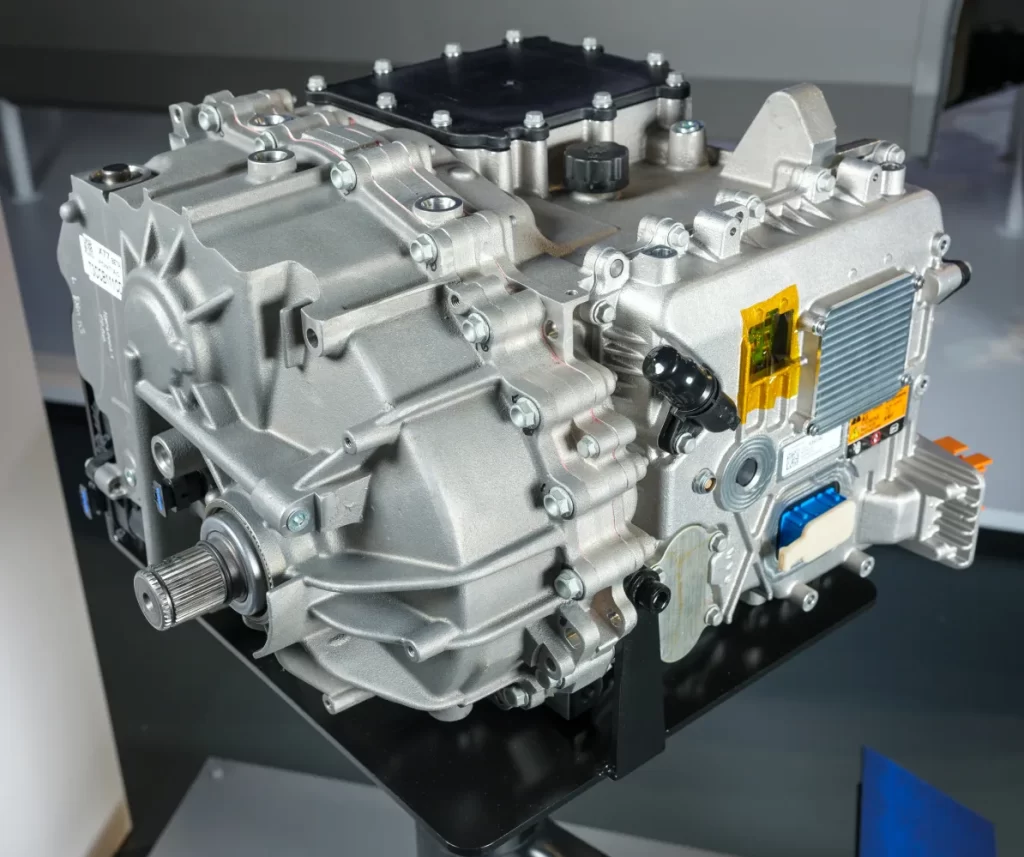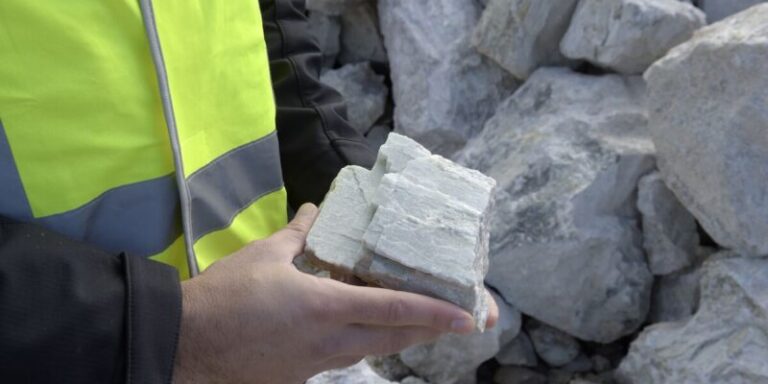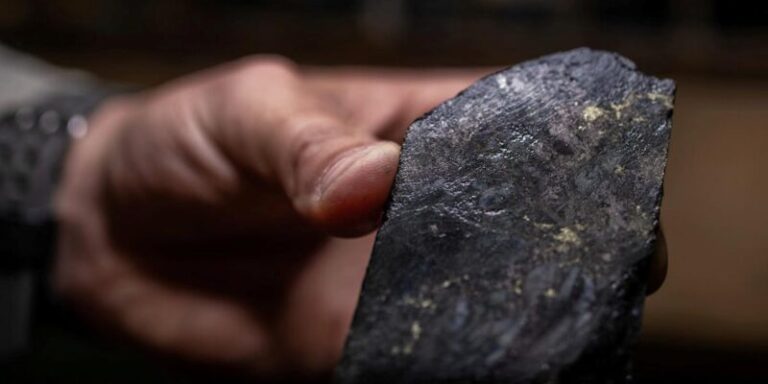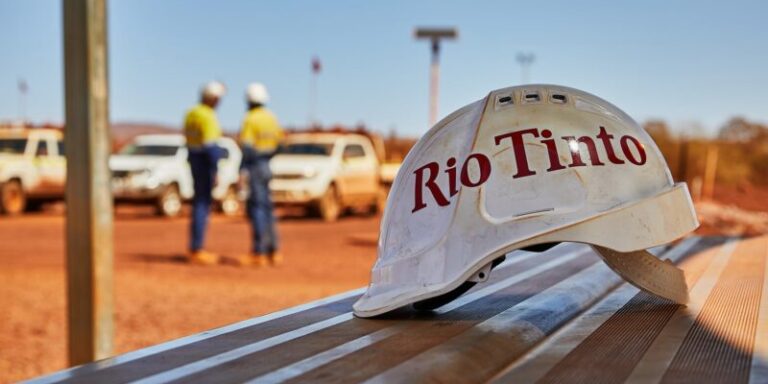
The Biden administration has announced that it’s closed a $2.5 billion loan for Ultium Cells, a joint venture between GM and South Korean battery maker LG Energy Solution. The loan will go toward financing the construction of new lithium-ion battery cell factories in Ohio, Tennessee, and Michigan.
Ultium Cells will manage battery cell production at the three facilities to ramp up battery production for the mushrooming EV demand in the US.
The Department of Energy’s (DOE) Loan Programs Office issued the loan. It’s the Loan Program Office’s first closed loan exclusively for a battery cell manufacturing project under the Advanced Technology Vehicles Manufacturing (ATVM) program.
The ATVM program complements the investments of President Joe Biden’s Bipartisan Infrastructure Law – $7.5 billion for EV charging infrastructure and more than $7 billion for the critical minerals supply chains for batteries, components, materials, and recycling.
The investment is expected to create more than 11,000 well-paid jobs – 6,000 in construction and 5,100 in operations. That also includes more than 700 United Auto Worker union jobs in the newly organized Warren, Ohio, facility.
Electrek reported that GM’s first Ultium battery plant in Lordstown, Ohio, voted to join the United Auto Workers, with 98% of workers voting in favor of union representation.
As Electrek’s Jameson Dow noted, GM’s Hummer EV already uses Ultium batteries, and the Equinox, Blazer, Silverado, and Cadillac Lyriq will be powered by Ultium batteries and are all expected this year. GM’s Chevy Bolt doesn’t use Ultium cells because it was released before Ultium was developed.
US Secretary of Energy Jennifer Granholm said about the newly announced ramp-up of Ultium’s US-made EV batteries:
This loan will jumpstart the domestic battery cell production needed to reduce our reliance on other countries to meet increased demand and support President Biden’s goals of widespread EV adoption and cutting carbon pollution produced by gas-powered vehicles.
Ultium will use the loan to manufacture large-format, pouch-type cells that it says will deliver more range for less money. The DOE notes in its statement today that the cells can be arranged in different combinations for all EVs, such as pickups, SUVs, luxury cars, and commercial vehicles.








